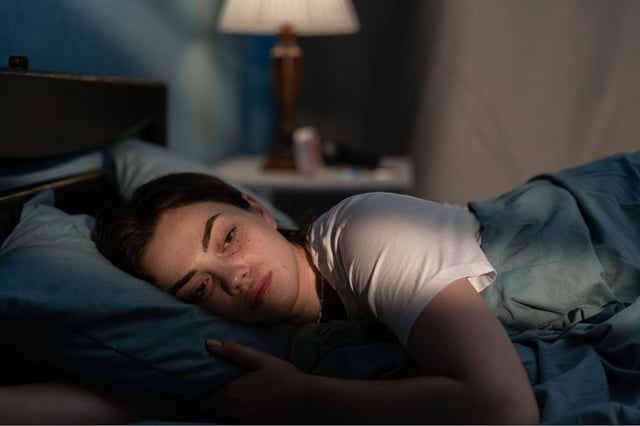Overview
- Researchers applied Mendelian randomisation to genetic data from about 387,000 individuals and microbiome profiles from 26,500 participants to probe causal relationships.
- The analysis identified 14 bacterial taxa associated with increased insomnia risk and eight linked to lower risk after confirming no pleiotropy.
- Odoribacter showed reciprocal effects, indicating that sleep disturbances can alter gut communities while specific microbes influence insomnia risk.
- All study participants were of European ancestry and factors such as diet, lifestyle and geography were not accounted for, limiting the study’s generalisability.
- Study authors and external experts emphasise that randomized controlled trials are essential before probiotics, prebiotics or fecal microbiota transplantation can be clinically recommended.



